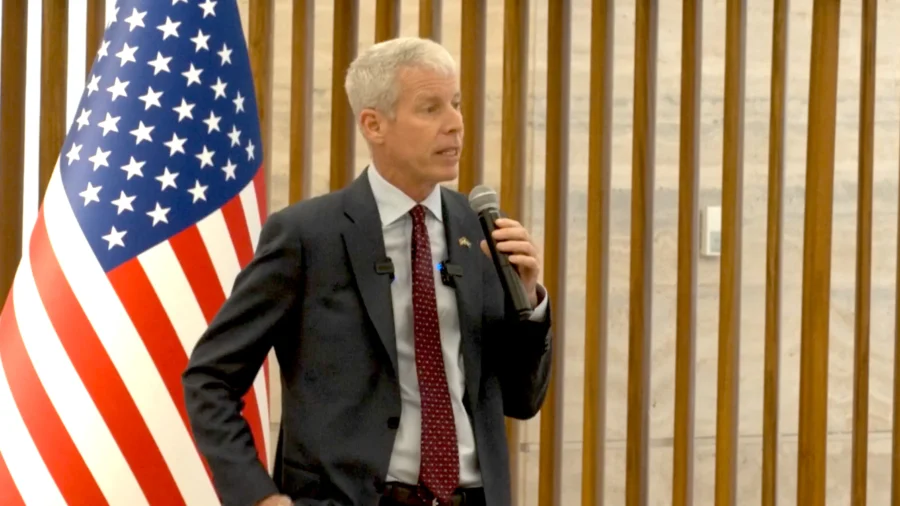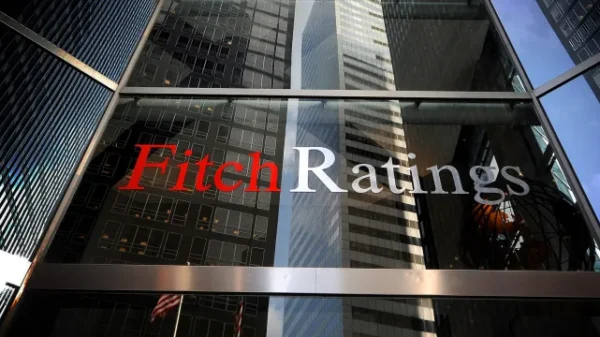The United States and Saudi Arabia are advancing toward a preliminary agreement to support the kingdom’s efforts to develop a civil nuclear energy program, US Energy Secretary Chris Wright announced during his visit to Riyadh on Sunday.
Following a meeting with Saudi Energy Minister Prince Abdulaziz bin Salman, Wright stated that both countries are “on a pathway” toward formalizing cooperation in the civil nuclear sector. He added that a memorandum outlining this energy collaboration is expected later this year.
Wright emphasized that any partnership involving US participation in Saudi Arabia’s nuclear ambitions would require a Section 123 agreement under the US Atomic Energy Act of 1954. This type of agreement sets strict conditions to ensure nuclear technology is used only for peaceful purposes and includes nine non-proliferation safeguards.
However, Wright noted that Saudi Arabia has not yet accepted the terms of such an agreement. Progress has been hindered by Riyadh’s reluctance to agree to restrictions that would prevent uranium enrichment or the reprocessing of spent nuclear fuel—processes that could lead to the development of nuclear weapons.
Saudi Crown Prince Mohammed bin Salman has previously stated that the kingdom would pursue nuclear weapons if Iran were to acquire them. This stance has sparked concern among non-proliferation advocates and members of the US Congress regarding the implications of a civil nuclear deal between the two nations.
Wright did not reference the broader strategic arrangement that was sought by the previous US administration. That proposal included a civil nuclear agreement, security guarantees, and the normalization of diplomatic ties between Saudi Arabia and Israel.
As part of its Vision 2030 reform agenda, Saudi Arabia aims to diversify its energy sources, expand renewable power, and reduce carbon emissions. Nuclear energy is expected to play a significant role in achieving these goals.










